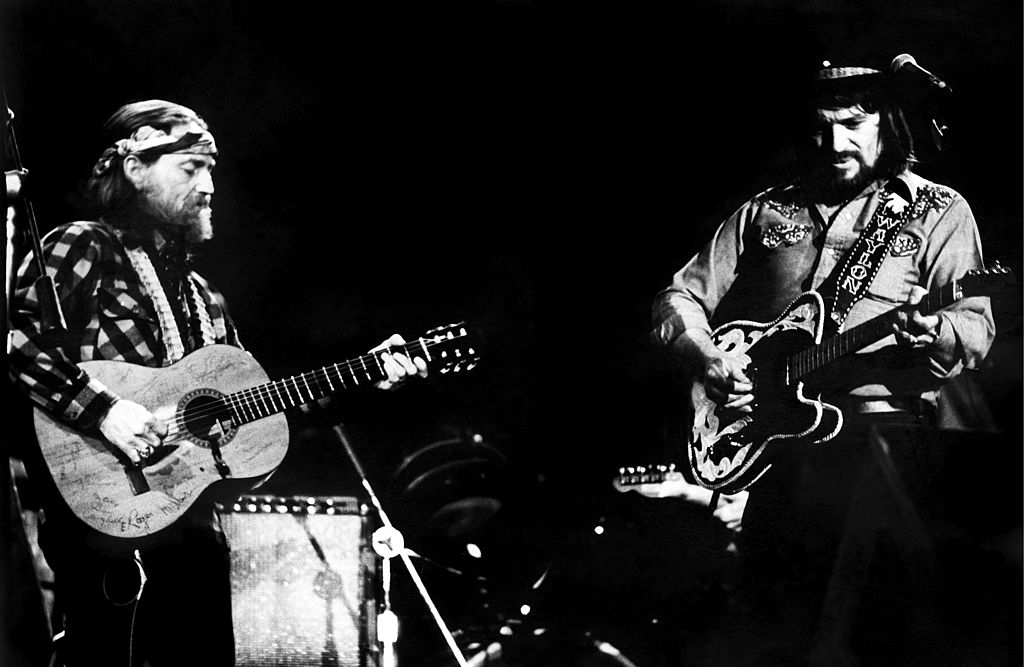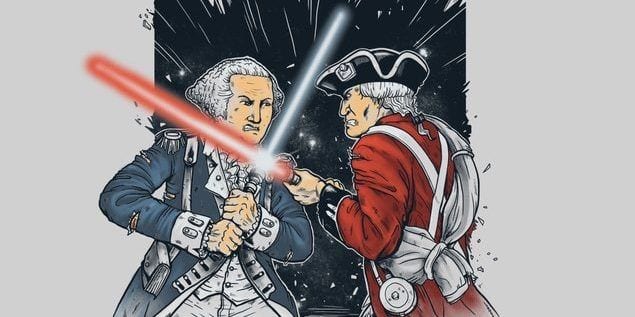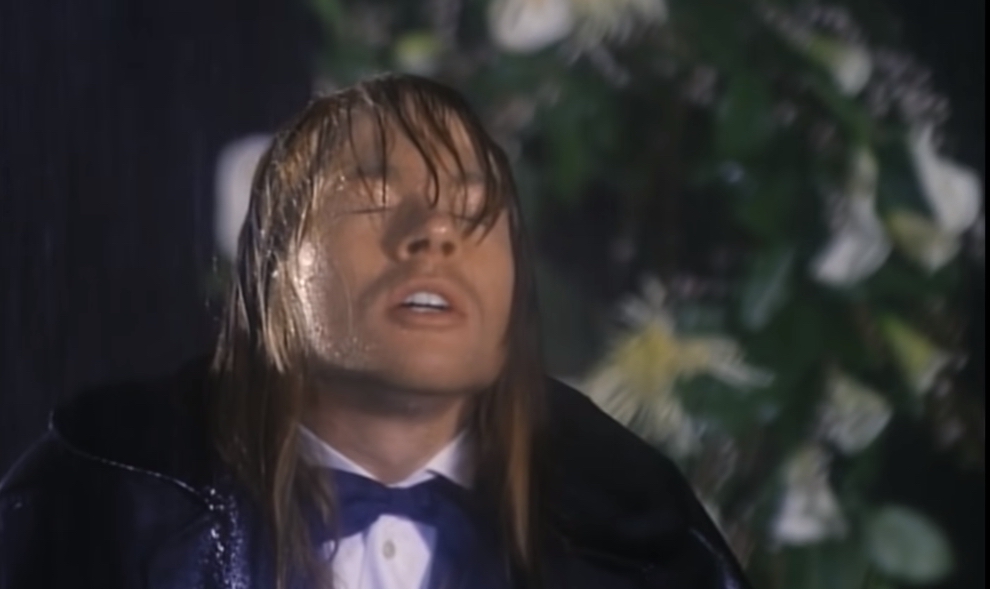More on the necessity of an American Canon.
Stand by Your Man

Leave country music alone.
Last weekend, Country Music Television invited drag queens to its award show. Nashville became a parody of itself. It’s not just that, to paraphrase Waylon Jennings, Hank would certainly not have done it this way, but that it long lost the immediacy of a folk song.
Real Country, the type that they hardly make anymore, is the opposite of drag—it’s sentimental and unironic. It’s heteronormative songwriting suited for ragged men and big-hearted women. Sure, throw some rhinestones on their stage apparel, but “rhinestone cowboy” is a lowkey putdown even if it was mixed with admiration. It was up to the performers to prove that they could relate to the common man.
Country heroes are made of common folk, and not necessarily by choice. Hank Williams only got into the music business because he couldn’t work a blue-collar job due to a birth defect. Everything he sang was immediate and heartfelt. Pain was his baseline. “I love you baby, but you gotta understand//When the Lord made me, he made a ramblin’ man”—Can you even twerk to it?
A Country hero’s charm is physical labor. Merle Haggard:
Hey hey, the working man, the working man like me
I ain’t never been on welfare, that’s one place I won’t be
Cause I’ll be working long as my two hands are fit to use
The singers love their country unconditionally and unironically. They love its symbol, Old Glory: “It ain’t no rag, it’s a flag” (Charlie Daniels). They love the people and the place, and don’t very much care for the approval of high society outsiders: “Well I hope Neil Young will remember//A southern man don’t need him around anyhow” (Lynyrd Skynyrd).
Country men often go astray, but that’s not for the lack of their mamas’ trying (also Merle Haggard). Darkness can consume their entire being, like in David Alan Coe’s “Revenge,” a ballad about a twelve-year-old murderer. Country’s lows are low.
The audiences loved when songwriters could claim personal knowledge of the subject matter. Coe, the foundational figure of Outlaw Country, wasn’t a murderer, but he served time and hobnobbed with all sorts of criminals.
Johnny Cash didn’t have that kind of direct experience. When he sang for St. Quentin prisoners “I shot a man in Reno/Just to watch him die,” the audience roared. They understood it to be a boast, de rigueur in their circles. But Cash was trying to imagine the greatest sin possible. In other words, he was trying to inhabit the character. Not a shade of camp in both the artist’s intent and the viewers’ reading.
A ballad of an abandoned woman who dies after giving birth to a stillborn daughter might be over the top sentimental, but the subject matter abhors an ironic treatment. Dolly Patron’s “Down from Dover” is a cautionary tale of an intensity modern girls will not experience, but one can’t put the womanface on it either. ThoughI’m sure somebody has done it.
Regardless of her lifestyle choices—she can stand by her man (Tammy Wynette, in song only) or cause a ruckus at a PTA meeting (Jeannie C. Riley)—the Country heroine is living an honest, passionate life. And she speaks from her heart, in deceptively unsophisticated words. Loretta Lynn: “Yeah, I’m proud to be a coal miner’s daughter//I remember well, the well where I drew water.”
It’s not just that Country singers sang about romantic love, but, in their golden age, their love was so immediate to their music and professional life so entangled in their relationships that they married each other, and then sang together about it. The genre dripped with authenticity. The only thing that the audiences loved more than those marriages is their children carrying on the musical dynasty.
And when they party, the Country folk pour the same unchecked passion they do into love: “Two dollars in the jukebox, one dime at a time” (Del Reeves). Of course, overindulgence in alcohol can always be blamed on a lady. (Pick a song. Any song, really.)
There was no public crossdressing in this world; all degeneracy was traditionalist. Hank Williams Jr.:
They get on me and want to know, “Hank why do you drink?”
Hank, why do you roll smoke?
Why must you live out the songs that you wrote?
Over and over everybody makes my predictions
So if I get stoned, I’m just carrying on an old family tradition.
He’s right about that tradition. It’s not just that his father died at 29 with a drug and alcohol cocktail rushing through his veins, but the Scots-Irish, who put together and perfected the genre, are notorious for their adjustable mores. Historian David Hackett Fischer writes in Albion’s Seed that, in colonial times, as many as 94% of backcountry brides were heavy with a child.
Fischer speculated that this was in part because priests were hard to find in the backcountry. On the other hand, Jim Webb in Born Fighting argued that the fire and brimstone preaching style, often noted among the Scots-Irish clergy, was very much a necessity given the sinful ways of the flock.
Country singers were steeped in religion, too, even if secular performance setting calls for different subject matter for the song. Cash’s cover of “Personal Jesus” by Depeche Mode elevates the techno tune, giving it a hard-felt spiritual dimension.
One can take this mix, subtract God/family/country (and the sweet, often self-deprecating humor) and end up with non-neurotic sex roles and lots of partying. Add to it the garish midcentury costume design that country artists relished and which contemporary audiences celebrate as a confirmation of naïve charm.
Drag queens pick unironically feminine figures for material with which to act out their ritualized burlesque impressions of the opposite sex. They made Dolly Parton their icon and should be credited with bringing her into the fold of polite society. For decades, all proper women thought of her looks as trash. Feminists despised her for “Jolene,” the hit song about female jealousy. Eventually, feminists discovered that she was indispensable and found it expedient to view her through the ironic lens. At her induction into the Rock-n-Roll Hall of Fame last year, the sisters introducing Parton made the ceremony about girl power—and themselves.
In the past, Country was able to absorb pop cultural trends. Coe, in the hippie days: “my long hair just can’t cover up my red neck.” All sorts of quirky characters were able to inhabit Country’s nooks and crannies. But today’s CMT mainstream is about as hollow as the rest of corporate arts. It’s no secret that for decades now Nashville has been repackaging overproduced pop as Country. And since the personal is now political, genuine human stories are filtered through ideological gauze.
CMT trotting out drag queens is tantamount to admission that the industry doesn’t know what to do with itself. Instead, they plugged the giant hole left by authenticity with a ubiquitous parody genre.
White collar audiences can be challenged to understand the ironic detachment of drag and accept the far-going political agenda that it brings to the center stage. But the enduring popularity of Vintage Country suggests that the people still love the singers who deliver convincing stories of human drama. Country audiences don’t like drag not so much because of its politics—somehow Willie Nelson is still around—but because they can’t relate to it and they despise being made the object of an exercise of power.
It’s too easy to make a thing out of rhinestone cowboys, but when Cash sang “I taught the weeping willow how to cry, cry, cry,” he wasn’t striking a pose as a sad clown. He was a stoic man who felt deeply.
There is a time and place for everything, including drag. A parody genre can be amusing, but we probably shouldn’t make it a revered cultural phenomenon required for all school children. It comes at the expense of something more fundamental to human experience.
The American Mind presents a range of perspectives. Views are writers’ own and do not necessarily represent those of The Claremont Institute.
The American Mind is a publication of the Claremont Institute, a non-profit 501(c)(3) organization, dedicated to restoring the principles of the American Founding to their rightful, preeminent authority in our national life. Interested in supporting our work? Gifts to the Claremont Institute are tax-deductible.
Win or Lose, It’s Coming.
The world’s largest transportation providers are suffering from a nasty case of COVID whiplash.



